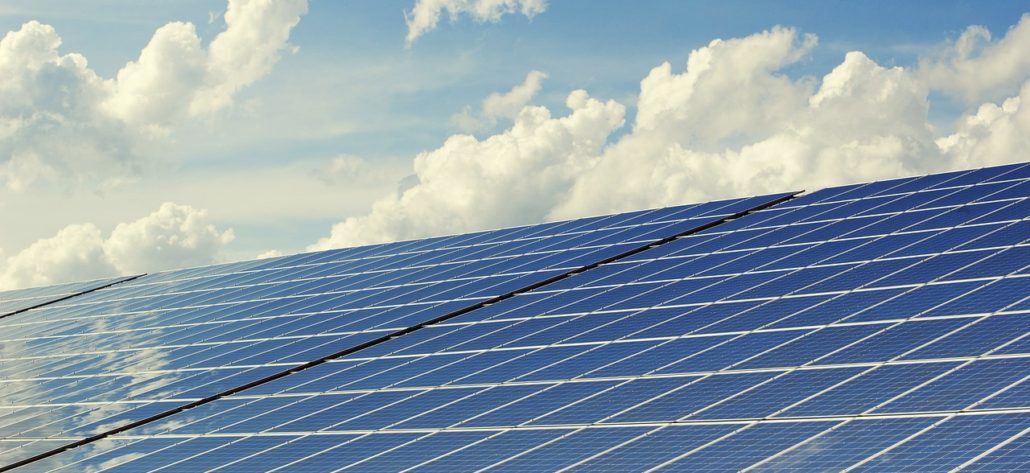OPINION: Until asked, solar company will not offer anything (Vassalboro)
 COMMUNITY COMMENTARY
COMMUNITY COMMENTARY
by Jerry Hill
Vassalboro resident
The Maine Street Maine Coalition presents a fresh look at the current situation regarding Solar Inc. and the Vassalboro Site Planning – Solar Ordinance.
The community, landowners, and town representatives must demand that this unknown guest coming to live large in this house, having the expectation of being here beyond most of our lives, – to stay for decades – should arrive with a thankful heart and a gift for Vassalboro.
This community has an expectation – solar farms will be a contributing asset to the community. They must become a part of the larger family as a corporate citizen.
The rules of the “house” must be stated upfront. Until the “ask”, Solar Inc. will not offer anything for the community. Solar Inc. should show respect and arrive overflowing with gratitude for being allowed into this house and ecosystem.
The “Ask”
A board member asked, “What is solar doing for the town?” Consider the following answer: the solar farm has a buffer between the power plant and outer edge. That buffer is not used by the solar farm. The buffer is not available for other commercial use. The buffer should be made available to and for the community. The town should insist on using the property.
The buffer is 50 feet wide. The 50 feet could contain a rest area for passing snow mobiles. Ask for a food forest of blueberry and apple trees. Ask for a playground with a firepit and picnic tables. Ask for a charging station for electric ATVs. Ask for a dog park. People would appreciate an exercise circuit.
Result of “the ask” is a mini park is created for now and for future children. Elderberry might like a place to sit-down in the shade for a nap. Choose to opt-out of chain-link fence and three rows of trees.
It is our responsibility to help the solar industry become an even better citizen.
It is the Ask. Chicago style – a favor for a favor.
Expanding on the concept.
The complete buffer at each solar farm will be accessible to Vassalboro residents via the solar plant access road. Liability insurance is the responsibility of the solar park owner. Security cameras are included as are trash cans and porta-potties. Each 50-foot buffer access will be accompanied by a $25,000 allowance to be used toward improvements administered by Vassalboro’s Parks and Trails budget.
A 12’x12’ (+/-) gazebo shelter will be constructed with a picnic table, plus a charging station. A dog socialization lot will be provided. The mini park will be designed by a resident group and overseen by the Parks Committee for each solar park.
That is the “ASK”. Mini parks. Wonderful destinations for families.
Additional ideas include: an oasis for snowmobiles, a place for healing, a wildlife viewing stand. Places for: a garden, flowers, benches, meditation, a safe place to walk with a loved one (the dog). The buffer is really a part of the Vassalboro Park system for the “ASK”. “When we change the way we look at things, the things we look at change.” W. Dyer
Where is the quid pro quo?
A question proposed by a board member has not been addressed – “What is the contribution of solar farms to our community?” Question answered.
A 13-year-old once said “If I don’t ask, I don’t get.”
The action of writing this concept into the ordinance is for all the right reasons.
This ecosystem matters.


